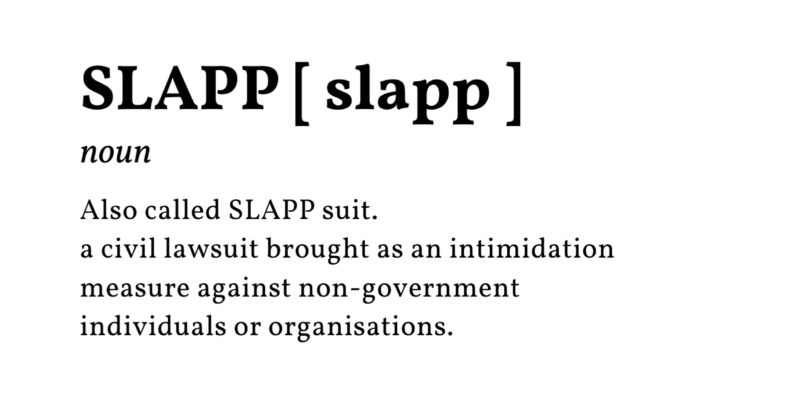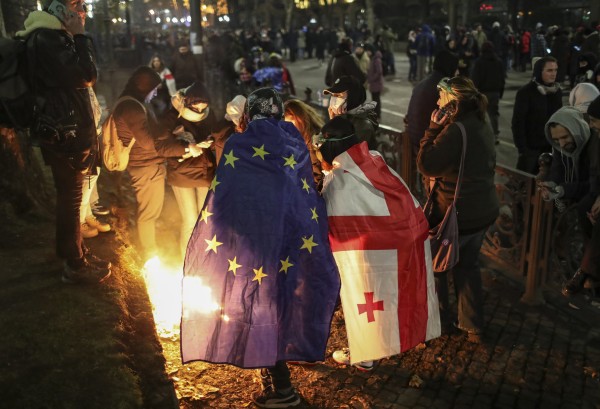The International Press Institute (IPI) has today joined a call for the European Union to take concrete measures to protect journalists, activists and whistleblowers from Strategic Lawsuits Against Public Participation – SLAPPs, which are an abuse of the legal systems to silence the exposure of information in the public interest.
The paper ‘Protecting Public Watchdogs across the EU: A Proposal for an EU Anti-SLAPP Law’, supported by over 60 organizations, sets out the arguments for an EU Directive to combat SLAPPS and provides a first complete draft model of an eventual Directive.
SLAPP suits are a form of legal harassment pursued by law firms on behalf of powerful individuals or organizations who seek to avoid public scrutiny, with the aim to drain the target’s financial and psychological resources and chill critical voices to the detriment of the public interest.
EU-wide rules against SLAPP suits would be a crucial step towards ending this abusive practice that is increasingly used to target investigative journalists across Europe.
Daphne Caruana Galizia faced 47 libel suits against her when she was killed by a car bomb in October 2017, 25 suits remain active today.
Poland’s leading newspapers Gazeta Wyborcza has received over 55 legal threats and lawsuits since 2015 and in Croatia the journalists Association reports over 900 active lawsuits against journalists and media outlets.
In the summer of 2020 a Slovenian tax expert, Rok Snežič, previously convicted of fraud, money laundering and tax evasion, and a reported associate of the current Prime Minister, issued 39 suits against three investigative journalists for reporting his alleged role in providing illegal loans to the governing party, SDS, in 2017.
The European Commission is expected to include action to combat SLAPPS as part of the European Democracy Action Plan due to be published on December 2, 2020.
“The EU has an opportunity to take concrete action to protect investigative journalism and the public’s right to be informed from those who’d rather avoid public scrutiny and accountability,” said Oliver Money-Kyrle, IPI’s head of Europe Advocacy.



